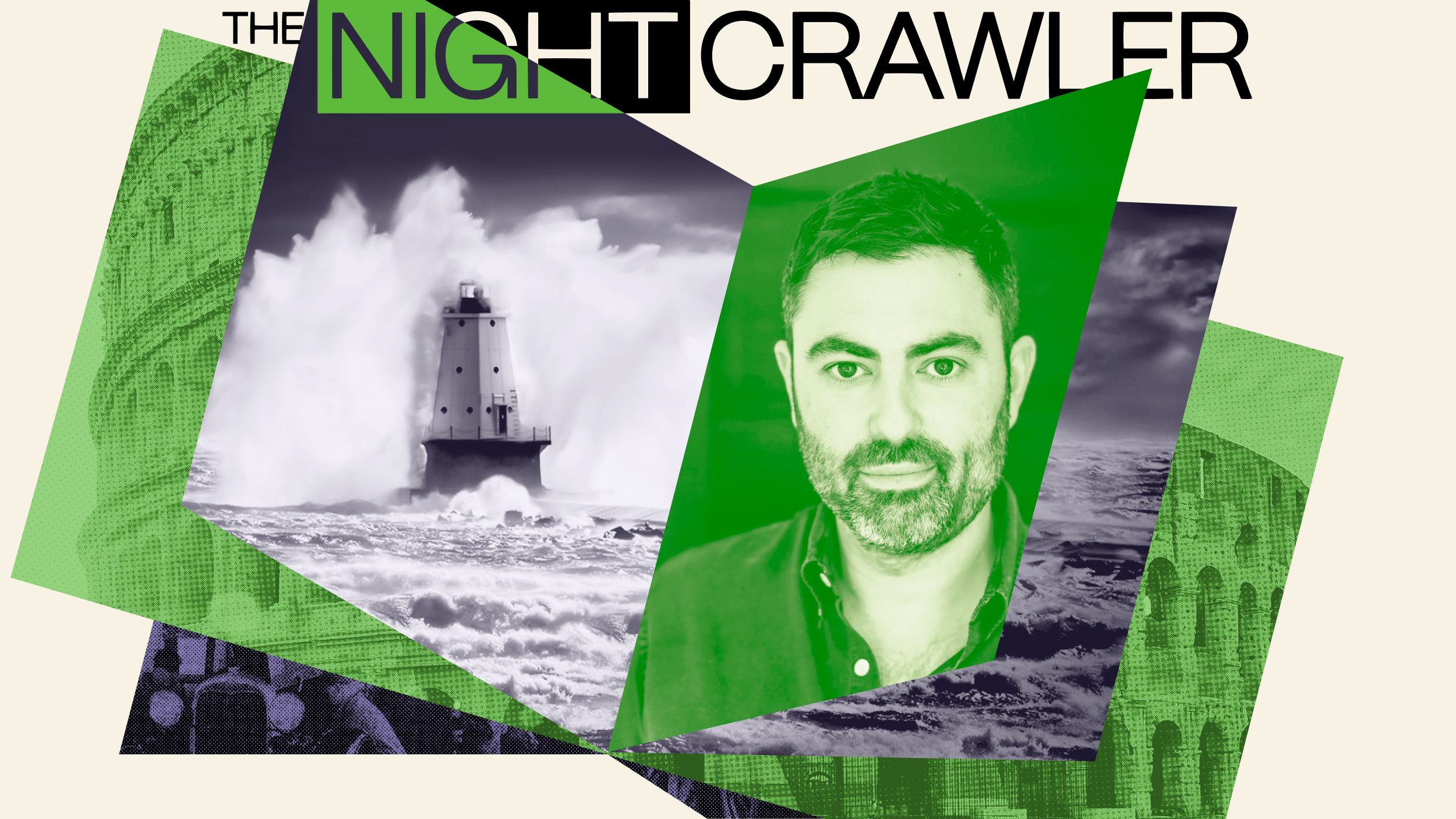Going Public: The Connective, Collective Power of The Social Web

I think the internet is a connection machine. It connects us with information and transactions and actions, but especially it connects us with each other…If you don’t start from an assumption of faith in your fellow man and woman, then I don’t think you believe in the value of democracy or free markets or reform religion or, for that matter, journalism, education or art.
This challenge – or rallying cry – comes from Jeff Jarvis, author of Gutenberg the Geek and a longtime journalist who, unlike many in his industry, is a digital optimist.
According to reliable sources, the sky has been falling for about a decade now, as news aggregators like Huffington Post have scrambled to survive by becoming content (CON-tent, if not necessarily con-TENT) octopi – sucking up Kardashian articles on the cheap from every available source and pumping up the page views for advertising dollars.
Yes, that’s happening, Jarvis acknowledges. What’s also happening is that the Internet and social networking are opening up unprecedented opportunities for creative collaboration and collective action. “Technology is agnostic,” says Jarvis. The question is what we want to do with it.
|
|
A quarter of a millennium has passed since America’s founding. Amid the cynicism and weariness that often pervade our public discourse, it’s easy to lose sight of America’s defining spirit – the optimism and sense of self-determination that made the nation exceptional among the powers of the earth.
It’s easy to demonize new technology, says Jarvis. When handheld cameras first appeared, newspapers were filled with lurid reports of malicious “Kodakers” lying in wait behind bushes to invade people’s privacy.
|
|
What’s harder, perhaps, is devoting our energy and imagination to improving our lives. Facebook, says Jarvis, is fundamentally about sharing. Yes, there are privacy concerns. But nearly a billion people are using this technology because they want to connect with other people.
Rather than being afraid of our new publicness, says Jarvis, we ought to use it to solve some of our most complex problems. In healthcare, for example:
Now you can take that beyond Facebook into other areas. I wonder these days why, for example, we’re not very, very open about our health. Well, we’re not for a few reasons: one is employment and two is insurance, but those could be handled legislatively; the other reason we’re not open about our health is stigma. We’re afraid of what people will think about us because we’re sick. Well, that’s a terrible commentary, a very dehumanizing commentary on society today to think that anyone should still be ashamed of being sick.
So I think we’ve got to look at our norms as a society and realize that there are benefits to being public. There are benefits to sharing and to connecting. In health, if we all shared our health data–I’m not saying anyone should be forced to, but I’m saying if we did, if we could, we’d probably find new correlations, perhaps even cures.
What’s the Significance?
There are grave, hidden costs to demonizing technology, says Jarvis. It’s an insidious form of defeatism – an admission of powerlessness and a lack of faith in human resilience – and it ends up empowering regulatory and corporate entities that may not have the public’s best interests at heart.
Jarvis is a self-described optimist, but he isn’t blind. Radically new technologies, he recognizes, raise important legal and ethical issues that need to be addressed – the protection of privacy, for example. But we should be most skeptical, he urges, of our own tendency to fear the new rather than seizing it creatively to amplify the best in ourselves.
From life-saving apps to cutting-edge military defense, Big Think and Bing’s Humanizing Technology Expo explores and expands the boundaries of what it means to be human, today and far into the future.
Follow Jason Gots (@jgots) on Twitter
Image credit: YadvigaGr/Shutterstock.com





